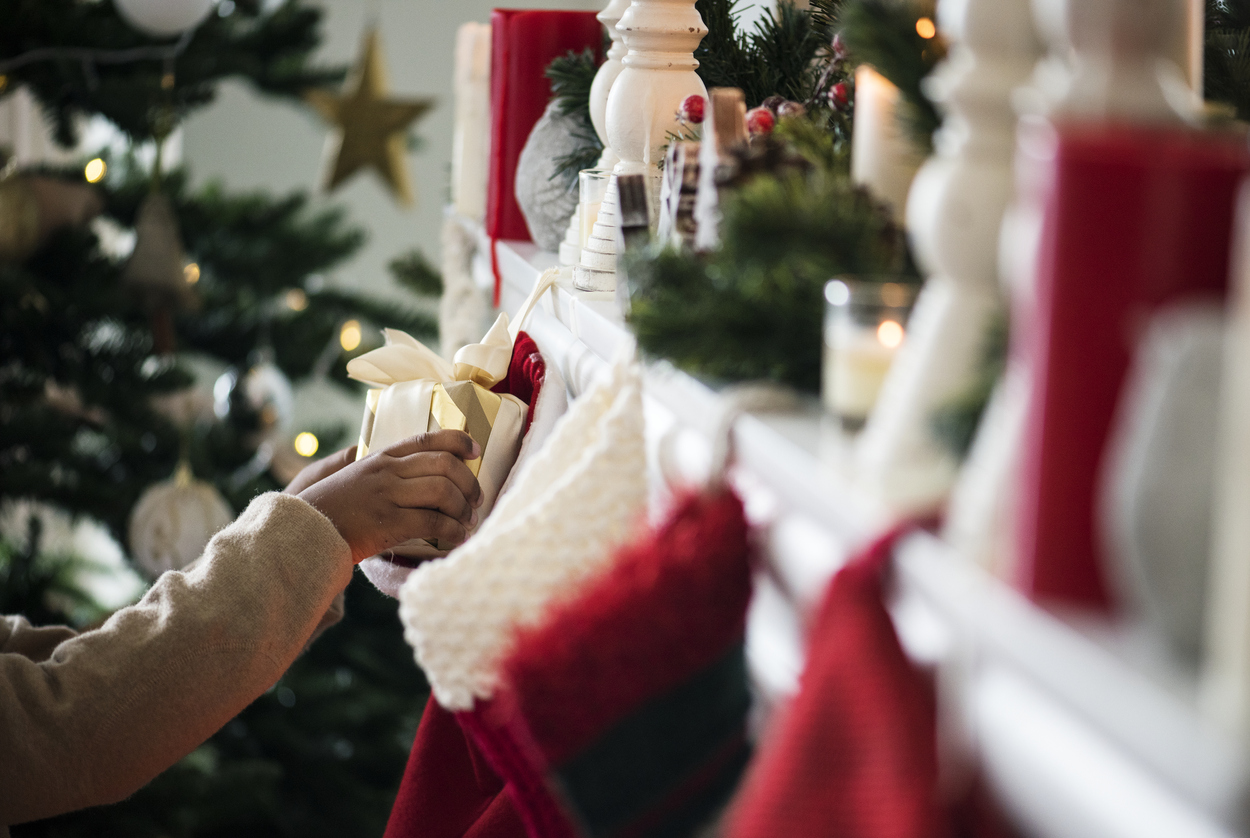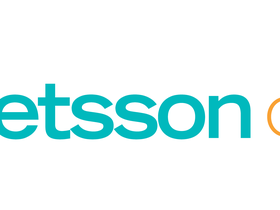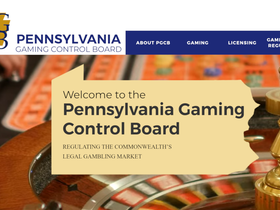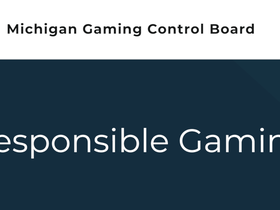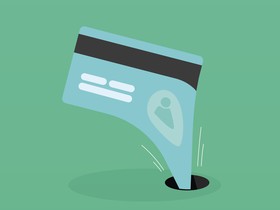Research shows that the earlier a person’s participation or even exposure to gambling is in childhood, the more likely they are to develop a gambling problem later in life.
The holidays are meant to be a festive time filled with love and good cheer. But responsible gaming advocates warn they can also be dangerous because that’s when adults are most likely to buy children lottery tickets.
According to the National Council on Problem Gambling (NCPG), adults buying children lottery tickets for the holidays is no innocuous act. Instead, it has the potential for severe consequences for children later in life.
“Gambling exposure during childhood is often through some kind of lottery product, given by an adult who is likely unaware of the associated risks,” NCPG Executive Director Keith Whyte told Casino Shield in an exclusive.
“Research shows that the earlier a person’s participation or even exposure to gambling is in childhood, the more likely they are to develop a gambling problem later in life.”
With those grim factors in mind, NCPG has launched its “Gift Responsibly” campaign for 2022. It announced earlier this month that 116 participating organizations — including 63 lotteries and 53 non-lottery organizations from around the world — had joined the campaign.
The Gift Responsibly campaign is organized by NCPG and the International Centre for Youth Gambling Problems and High-Risk Behaviors at McGill University, in Montréal, Canada.
Jeffrey Derevensky, Director of the Centre, called the campaign “a great way to promote responsible gambling by encouraging adults to only gift lottery tickets to other adults.”
NCPG said that the lotteries and other organizations taking part in the campaign devoted the months of November and December to educating the public about the dangers of buying lottery tickets for children. Participants will also look to raise awareness about the risks gambling by youth poses and to encourage and support responsible gaming practices.
“The campaign offers several levels of engagement for lotteries, with higher levels of participation indicating additional campaign activity commitments,” NCPG said. “These activities may include TV and radio public service announcements, social media messaging, digital advertising, in-store signage, or retailer training.
“Every activity is designed to convey the overarching message: lottery products are not appropriate gifts for underage children.”
We are working to raise awareness about the risks of youth gambling and help ensure none of those tickets are being purchased as gifts for children.
The top participants in the campaign include some familiar names — state and provincial lotteries and other entities involved in online poker, casino gaming, and sports betting:
- Alberta Gaming, Liquor, and Cannabis (AGLC)
- Atlantic Lottery
- Connecticut Lottery Corporation
- New York State Gaming Commission
- Virginia Lottery
“While gifting lottery tickets to a child is never a good idea, regardless of the time of year, the Gift Responsibly campaign is focused specifically on November and December because lottery tickets have become popular gifts and stocking stuffers, especially as lotteries offer holiday-themed games,” Whyte told Casino Shield.
“Through our partnership with the 116 participating organizations, including 100% of the eligible lottery organizations in North America, we are working to raise awareness about the risks of youth gambling and help ensure none of those tickets are being purchased as gifts for children.”
NCPG said that for the fifth consecutive year, 100% of eligible lotteries in the US and Canada had joined the campaign. Many international lotteries and non-lottery organizations have also joined.
The campaign has also been endorsed by two large organizations — the North American Association of State and Provincial Lotteries (NASPL) and the European Lotteries (EL).
